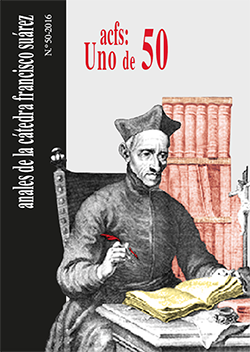Legal interpretation
DOI:
https://doi.org/10.30827/acfs.v50i0.5163Keywords:
Legal interpretation, Static interpretation, dynamic interpretation, equity, argumentation, reasonability, legislative power, judicial power, jurisprudenceAbstract
Legal interpretation is discovering the solution to the given cases in accordance interpretation with the law now in force. Interpretation is always necessary since there are no clear cases and those who have the task of deciding the interpretation of the law are the judges and civil servants who have to resolve the cases presented to them for their consideration. This characteristic underlines that legal interpretation is the search for a solution based on equity. Another of the tasks of interpretation is the solution of conflicts and, in this sense, the appeal to principles and the logic of reason provides the acceptable solution. This dialectic among the legislature, the judges, the doctrine and public opinion make up the life of the law, in this way reconciling stability and change.
Downloads
References
W. J. GANSHOF VAN DER MEERSCH: Propos sur le texte die la loi et des principes généraux du droit, Bruxelles, Bruylant, 1970.
VANWELKENHUYZEN, “De quelques lacunes du droit constitutionnel belge”, en Le probléme des lacunes en droit,
Bruxelles, Bruylant, 1968.
ROMMEN, “Natural Law in Decision of the Federal Supreme Court and of the Constitutional Court in Germany”, en Natural Law Forum, 19-59, pp. 1-25.
CH. PERELMAN, “La régle de droit, réflexions de méthode”, en
La régle de droit, publicado por Ch. Perelman, Bruxelles, Bruylant, 1971.
J. STONE, Legal System and Lawyer’s Reasonings, London, Stevens, 1984.
Downloads
Published
How to Cite
Issue
Section
License
Authors are the owners of the rights to their works. ACFS requests that publication notice on ACFS is disclosed if they appear later in another place.

















